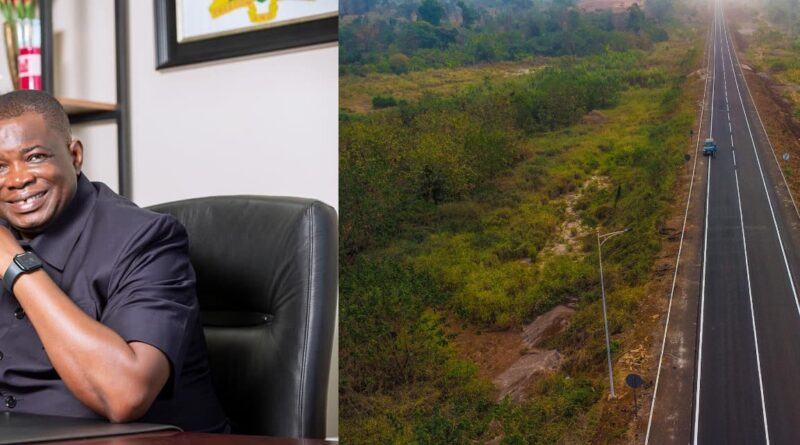Cement Price Capped at GH¢95 for Road Projects: Why?

New cement price policy tackles inflated contracts
The Ministry of Roads and Highways has announced a price ceiling on cement for all government-funded road construction. Effective immediately, contractors working on public projects cannot be charged more than GH¢95 per 50kg bag of cement.
Roads Minister Kwame Governs Agbodza disclosed the directive at the Government Accountability Series briefing in Accra. He stated that the new policy aims to stop the widespread price manipulation that has inflated infrastructure costs and stalled national development.
“Contractors are buying cement at GH¢120 or more per bag,” Agbodza said. “That ends now. We’re drawing the line.”
The end of free-for-all contract pricing
This cement price cap forms part of broader procurement reforms rolled out by the current administration. According to Agbodza, these reforms are not just about cost savings — they represent a fundamental shift in how road projects are conceived, costed, and delivered.
He stressed that the era of unsolicited contract offers and unverified cost proposals is over. “People drop documents on my desk every day hoping I’ll sign them. That’s history. From now on, only programmed and budgeted projects will move forward.”
Under the revised approach, road designs and cost estimates will originate from government technical agencies — not from contractors. This move, Agbodza explained, will eliminate bloated project budgets and politically influenced pricing.
Government sets new ground rules for infrastructure delivery
The government is also changing the way it initiates road construction. In the past, the design-and-build model allowed projects to begin without detailed engineering plans or verified budgets. That model often led to poor outcomes, abandoned sites, and cost overruns.
Now, all major road projects — including those under the Big Push initiative — will go through internal technical vetting. Only after proper designs and cost estimates are approved will procurement begin.
The minister also cited rising material costs and delayed payments as major reasons contractors abandon projects. By controlling cement pricing and improving supervision, the government hopes to restore contractor confidence and ensure delivery of quality infrastructure.
Plans are underway to implement digital contractor pricing systems, streamline procurement timelines, and increase transparency in project monitoring.
A stronger, more transparent road sector
These reforms reflect the government’s commitment to protecting public funds. With national resources stretched thin, Agbodza says the Ministry is determined to deliver infrastructure that is not only visible but also durable.
“Ghanaians deserve better. That’s why we are acting now to fix a broken system,” he said.
Takeaway
The cement price capped at GH¢95 is more than a pricing directive — it’s a declaration of intent. The government is cleaning house, insisting that Ghana’s roads reflect real value, not inflated promises. With these bold reforms, infrastructure may finally meet public expectations.




